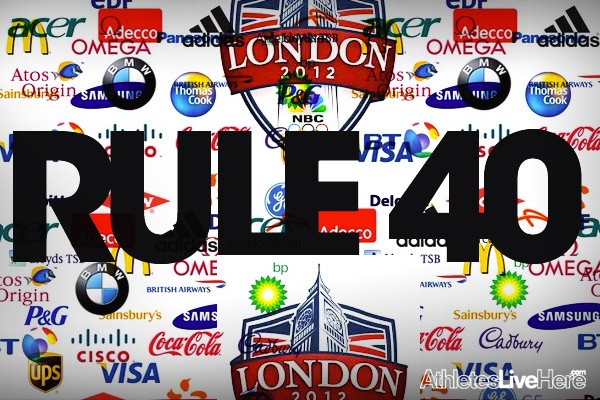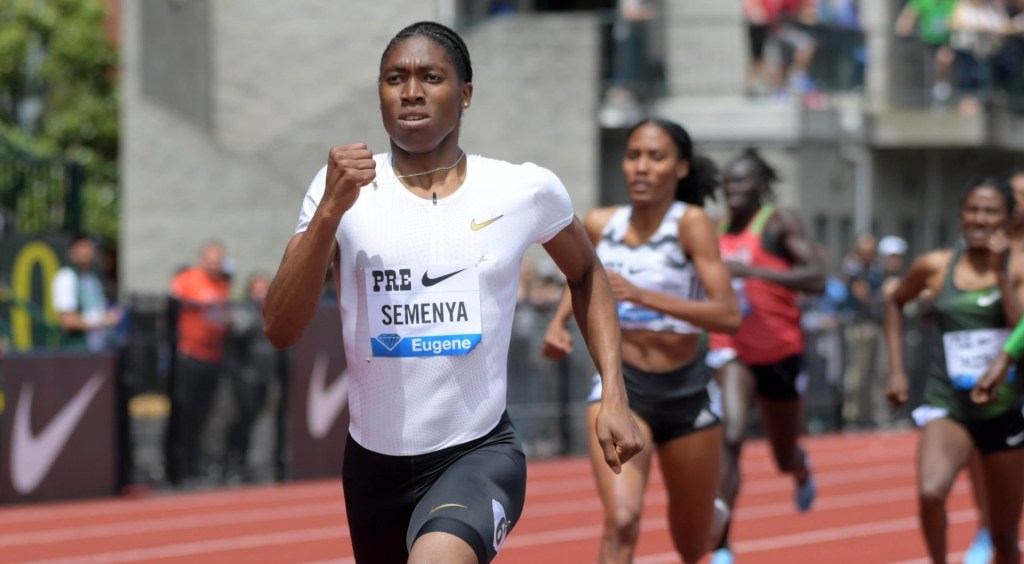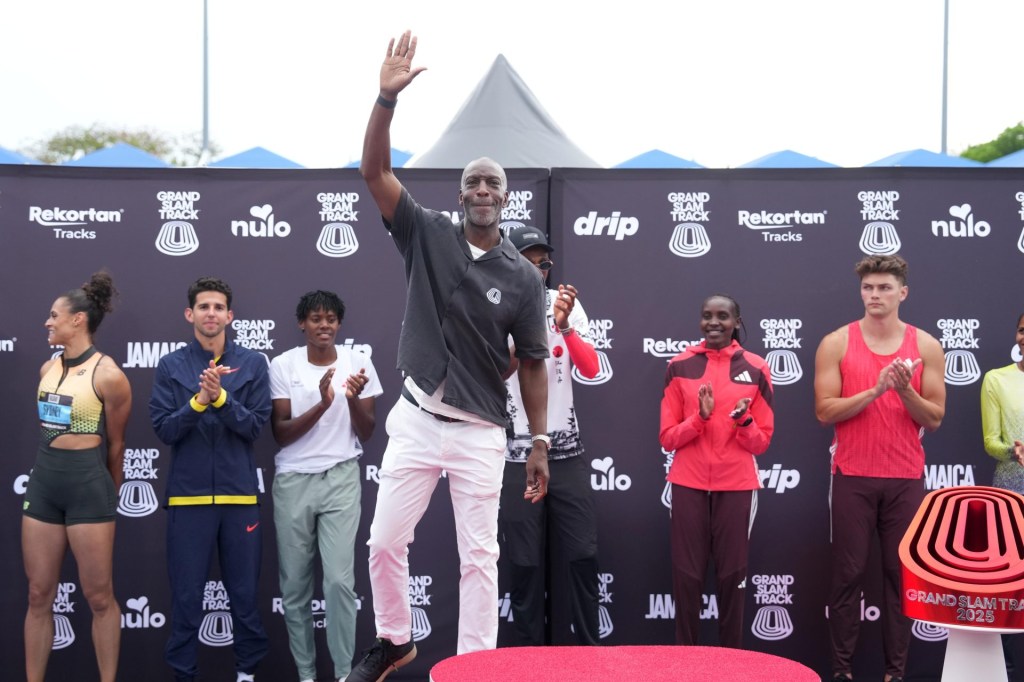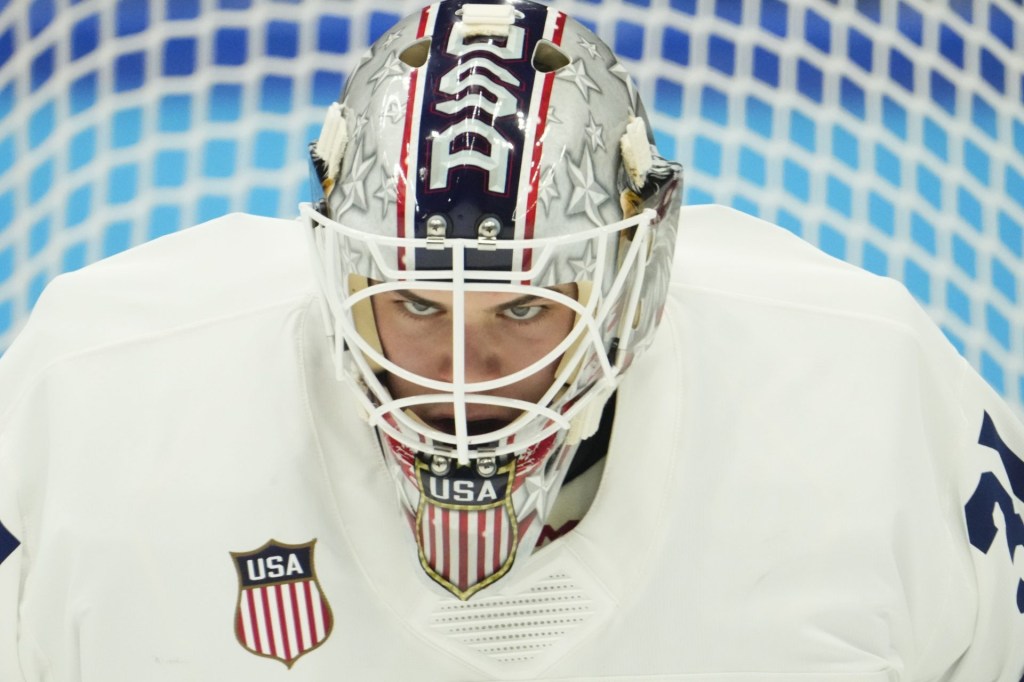
By: David Skilling, @SIX1DS
I’ve read many articles from people discussing how Olympic and Paralympic athletes can’t make their big payday due to rule 40 being implemented by the U.S Olympic Committee, U.S.O.C and U.S Paralympics.
While this is true, it does have a big impact on the deals athletes and their agents can agree with sponsors, it’s not all doom and gloom if you have a winning mindset, which I hope most athletes possess. I mean, when someone puts a hurdle on the track you jump over it right? Take that same approach to rule 40.
So what is rule 40?
By-law 3 to Rule 40 of the Olympic Charter (commonly referred to in this context as “Rule 40”) states that:
“Except as permitted by the IOC Executive Board, no competitor, coach, trainer or official who participates in the Olympic Games may allow his person, name, picture or sports performances to be used for advertising purposes during the Olympic Games.”
So basically, brands are banned from using a number of words such as, “Rio,” “Olympic,” “2016,” “Gold,” “Silver,” ‘Bronze,” in an Ad that features the athletes they sponsor, unless they’re one of the U.S.O.C’s partners Nike, Budweiser or AT&T who have invested tens of millions for the explicit rights to use the rings, keywords and other intellectual property.
Even a public message of support can find brands in hot water, so if you’re one of the brands this rule is referring to, there can be no congratulating a gold medal or a world record, no matter how excited you may be for the athlete. If you do, expect a call from some lawyers!
One thing I find interesting regarding rule 40 is in the IOC’s list of;
“To preserve the unique nature of the Olympic Games by preventing over commercialization.”
I think this is pushing it a little bit because I’m sure we will hear plenty from their commercial partners throughout the summer games. They have every right to make rules, but at least be straight with people about why.
How does this effect athletes?
The biggest effect this has on the athletes is financial. Brands sponsor athletes for a number of reasons from leveraging their good public image to being able to target a specific audience, but wider exposure is often at the top of their campaign goals and a global sporting event watched by millions is great for this goal.
The Olympic and Paralympic platform is the biggest sporting event in the world and under different circumstances would provide the athlete and their agent with incredible negotiation leverage to generate much-needed revenue to support their career.
Public perception is often that all athletes make a great living through sport but this is often not the case. Many Olympians have to work hard outside of sport to generate the revenue that will allow them to train full time and support their needs and those of their families. Of course, there is the elite level who generate sizeable revenue from sponsors and event appearances year round, but for many this just isn’t the case.
A large number of Olympic and certainly Paralympic athletes don’t even generate revenue from the athletic apparel brands who want them to wear their product. So they’re expected to aid in the marketing of hugely successful global brands without receiving a penny of their multi-billion-dollar marketing budgets.
With that in mind, you can see why rule 40 has quite a significant impact on athletes earning potential when it can be hard enough already to make a living, let alone when their biggest marketing opportunity is out of the negotiation equation.
How does this effect brands?
As far as the sponsors are concerned, not being able to gain the publicity that goes along with the biggest sporting event in the world weakens their incentive to invest money into the athletes. They cannot justify investing the amount of cash they maybe would have because they’re not allowed to take advantage of this period of time when the athlete they sponsor is gaining the most attention.
Let’s face it, although there are many reasons why a brand would partner with an athlete, top of their list is to generate a return on investment, so they have to balance the books and ensure this happens.
Rule 40 is a problem for athletes and brands but when restrictions are put on us it’s time to think outside of the box and not play the victim. There’s nothing that will be done to change rule 40 before Rio so rather than dwell, people should start to look at other ways to leverage the Olympic and Paralympic platform for revenue generation post games.
In part 2 of this series I’ll explore how athletes and brands can still leverage the exposure from the games for long-term financial gains.
David is an Athlete & Business Marketing/Branding Consultant. He owns and operates Six of 1, a progressive brand management, marketing & PR agency committed to generating bespoke campaigns for clients that need a strategy to maximize their reach while in competitive sport. He has been quoted by major news outlets across the country including CNN and Yahoo. You can follow him on Twitter at @SIX1DS.

















